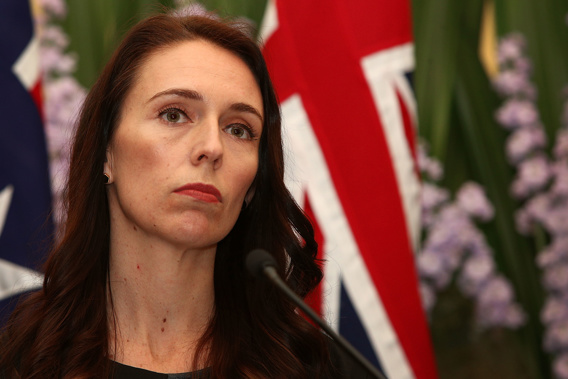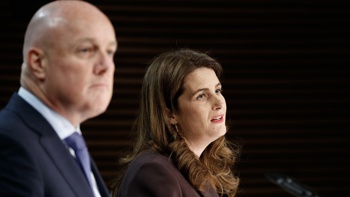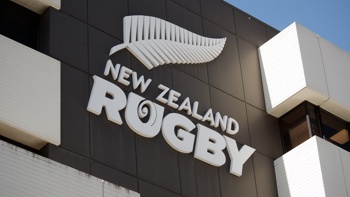
The government will release the national interest analysis for the Comprehensive and Progressive Trans-Pacific Partnership on Wednesday, and the full text too if the other nations agree, says Prime Minister Jacinda Ardern.
The Labour-led administration signed up to the regional trade and investment pact after the renegotiated deal let it restrict foreign buyers of existing residential property and watered down some of the more onerous Investor-State Dispute Settlement provisions imposed before the US withdrew under President Donald Trump.
Ardern today said the Ministry of Foreign Affairs and Trade's analysis unpicking the pros and cons of the deal for the country will be released on Wednesday, and she's hopeful of publishing the full text the same day if certain translation issues are overcome.
"We have been urging all parties to reach an agreement because of our strong desire to be absolutely transparent around the text as soon as possible," Ardern said at her weekly post-Cabinet press conference.
"It is our hope it will be available at the same time as the national impact assessment, but either way, we're looking to release the national impact assessment this week."
MFAT's analysis of the original 13-nation Trans-Pacific Partnership, which included the US, estimated an economic benefit of $624 million would accrue from reduced tariffs and barriers and a further $1.46 billion benefit from the removal of non-tariff barriers, with an additional $374m derived from better trade measures and $250m from the removal of barriers to services.
That would be offset by a $55m cost from a copyright extension, $20m of foregone tariff revenue and about $4.2m in administrative and marketing costs.
The analysis ultimately found the deal was in New Zealand's interests.
The government has been on a charm offensive, holding meetings around the country to explain its position on the CPTPP, which sparked ire in its previous incarnation over the lack of transparency and fears it would undermine national sovereignty.
The deal is expected to be signed in Chile on March 8, but Ardern said it won't come into force until it's ratified by 50 percent of the partners.
Parliament will debate the agreement and that it will also go through select committee scrutiny for a full public examination, she said.
Take your Radio, Podcasts and Music with you









